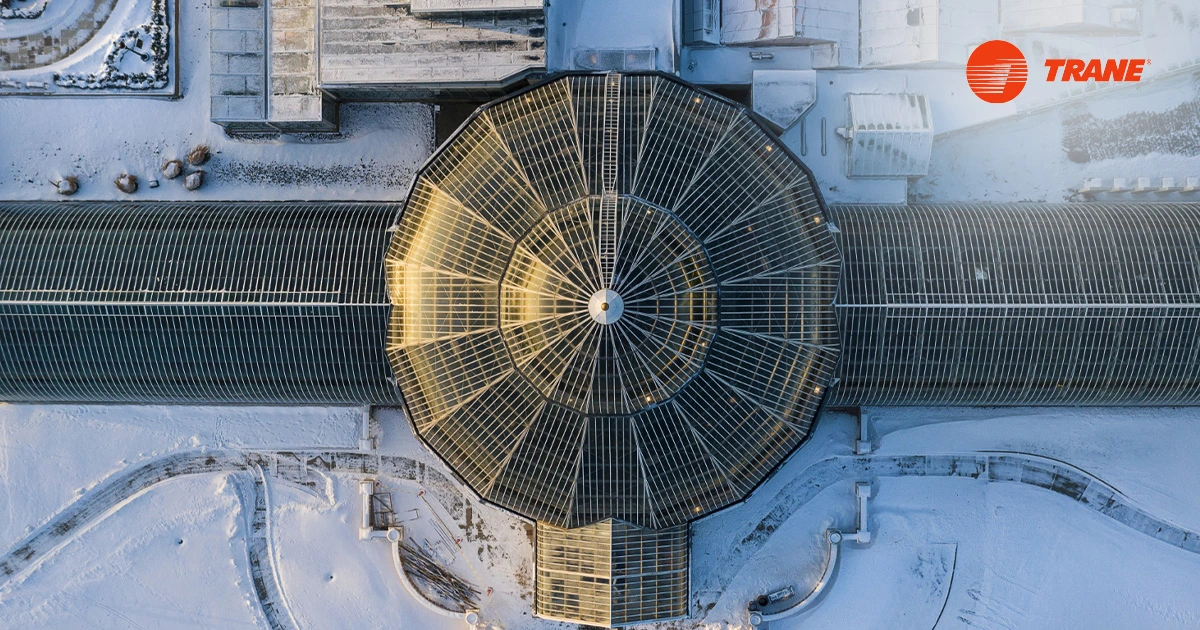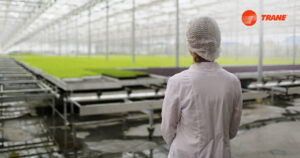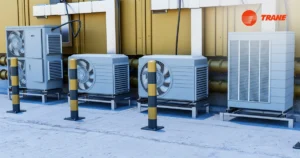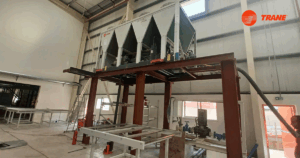Egypt’s soaring summer temperatures and rapidly expanding industrial landscape have made efficient climate management a critical priority. From manufacturing facilities to commercial complexes, maintaining consistent indoor environments is essential for productivity, operational continuity, and energy efficiency. Space cooling solutions have emerged as a vital strategy for Egyptian businesses, delivering reliable temperature control, enhanced workplace comfort, and sustainable performance in a climate where heat can quickly disrupt operations.
Understanding Egypt’s Cooling Challenges
The combination of Egypt’s arid climate, high solar radiation, and urban density creates significant pressure on cooling systems. Industries face rising operational costs as traditional systems struggle to cope with prolonged high temperatures, particularly in Cairo, Alexandria, and industrial zones in the Suez Canal and Upper Egypt regions. Unreliable cooling can affect employee productivity, equipment lifespan, and product quality. For example, electronics manufacturing plants and food processing units require precise environmental control to meet quality and safety standards, making dependable space cooling systems a business-critical requirement.
Additionally, Egypt’s industrial expansion, fueled by infrastructure projects, tourism growth, and manufacturing investments, has increased peak energy demand. Businesses must balance efficiency with sustainability goals while ensuring uninterrupted operations. The need for adaptable and energy-efficient cooling has never been more pressing.
Advantages of Advanced Space Cooling Systems
Modern space cooling systems provide multiple benefits that go beyond simple temperature control. Energy efficiency is a key advantage, with variable speed compressors, intelligent thermostatic controls, and optimized air distribution reducing energy consumption and operational costs. By minimizing waste and improving efficiency, companies can align with Egypt’s national sustainability initiatives and environmental regulations.
Installation flexibility is another benefit. Compact, modular designs allow facilities to deploy space cooling solutions in new or existing infrastructure without extensive renovations. Systems can be scaled to meet the needs of a single office, large industrial hall, or multi-story commercial building, ensuring that businesses can respond quickly to changes in demand or operational priorities.
Applications Across Key Sectors
Manufacturing and Industrial Facilities
In Egypt’s manufacturing hubs, consistent cooling is vital to protect machinery, maintain production quality, and ensure worker safety. Temperature fluctuations can compromise sensitive equipment or affect material integrity, leading to costly downtime. Advanced space cooling solutions provide controlled environments that support continuous operations, helping factories meet production deadlines and regulatory requirements.
Healthcare and Pharmaceuticals
Hospitals and pharmaceutical facilities rely on precise climate control for patient safety, medication storage, and laboratory operations. In Cairo and Alexandria, where high summer temperatures can reach 40°C or more, reliable cooling ensures that sensitive equipment operates within specified ranges. Space cooling solutions allow healthcare providers to maintain operational resilience while improving patient comfort and safety.
Commercial Real Estate and Retail
Shopping malls, office buildings, and hotels are directly affected by occupant comfort. Unstable or inefficient cooling can reduce customer satisfaction, impact employee performance, and increase energy costs. Deploying modern space cooling systems helps commercial operators maintain consistent conditions across large, high-traffic areas while optimizing energy use.
Flexibility and Rapid Deployment
Temporary or peak-demand scenarios, such as seasonal tourism surges, large-scale events, or facility expansions, require adaptable solutions. Here, Trane Egypt’s modular units and temporary deployment capabilities allow businesses to scale cooling capacity quickly. For example, during the summer months in coastal resort areas like Sharm El Sheikh or Hurghada, temporary installations ensure guest comfort without permanent infrastructure investment.
Integrating Smart Technologies
Smart monitoring and IoT-enabled controls are transforming space cooling in Egypt. Sensors and predictive analytics allow facility managers to monitor energy consumption, identify inefficiencies, and perform preventative maintenance. Data-driven insights improve reliability, reduce operational costs, and support sustainability objectives. Facilities integrating these technologies benefit from lower downtime, optimized energy use, and better long-term planning for expansion and upgrades.
Sustainability and Energy Management
Sustainability is increasingly critical for businesses operating in Egypt. Modern space cooling systems reduce electricity and water consumption, minimize refrigerant waste, and can integrate with energy recovery solutions. For companies seeking to meet corporate environmental targets, these technologies provide measurable impact while maintaining operational efficiency. By combining advanced engineering with intelligent energy management, businesses can achieve lower costs and enhanced corporate responsibility.
Delivering Business Value with Chiller Rental
To complement permanent installations, Trane Egypt offers chiller rental solutions that provide temporary or supplemental capacity during peak demand, maintenance periods, or emergency scenarios. Chiller rental enables businesses to maintain operational continuity without heavy upfront investment, ensuring critical processes remain unaffected by extreme heat or equipment downtime. This approach allows Egyptian industries, healthcare facilities, and commercial operators to maintain consistent performance, enhance resilience, and achieve long-term operational flexibility.




